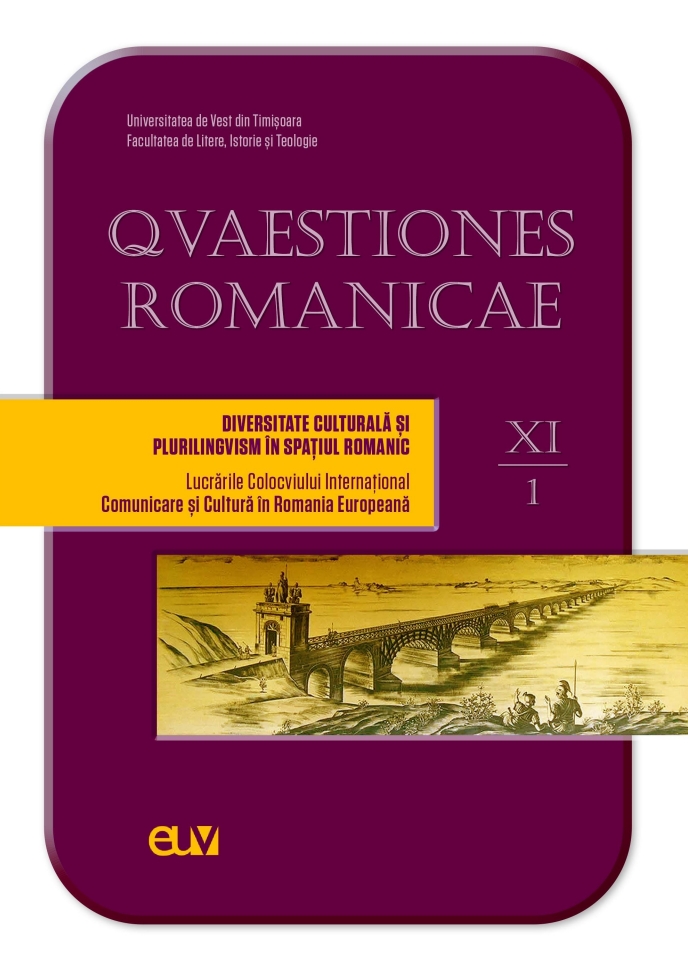Diversitatea receptării sau de ce Cicero și epoca modernă îl apreciază diferit pe Thucydides
The Diversity in Reception, or Why Cicero and the Modern Age Value Thucydides Differently
Author(s): Theodor GeorgescuSubject(s): Language and Literature Studies, Studies of Literature, Other Language Literature
Published by: Universitatea de Vest din Timişoara
Keywords: Cicero; Thucydides; reception; speeches; obscurity;
Summary/Abstract: In the treatise Orator, Cicero argued that the ideal orator should be able to express himself in several styles, by adapting to the needs of each cause he supports. He was thus fighting the Roman orators of his time who called themselves "Atticists" (Attici) and who imitated Lysias, Thucydides or Xenophon. Regarding Thucydides, among others, Cicero states: (Orat. 30) nihil ab eo transferri potest ad forensem usum et publicum. ipsae illae contiones ita multas habent obscuras abditasque sententias vix ut intellegantur. The Roman orator thought, therefore, that nothing in the work of the Greek historian could be used for the public benefit, and his speeches (contiones) contain many passages which can hardly be understood. We aim to verify Cicero's statement starting from some concrete examples of such "obscure" passages in the work of Thucydides, which we have chosen from the first Speech of Pericles (1, 140-144), Pericles’ Funeral Oration (2, 34-46), the Mytilenean Debate (3, 37-48), the Speech of Plataeans and the Speech of Thebans (3, 52-68), Thucydides’ description of the revolution of Corcyra (3, 81-83) and the Melian Dialogue (5, 85-113). We will try to understand why exactly the speeches given in the Peloponnesian War, which are today among the most read and appreciated passages, were rejected by Cicero as "unusable" for the Roman public benefit, while the strictly "historical" passages were appreciated by the Latin author, while today they are read less.
Journal: Quaestiones Romanicae
- Issue Year: XI/2024
- Issue No: 1
- Page Range: 80-87
- Page Count: 8
- Language: Romanian

